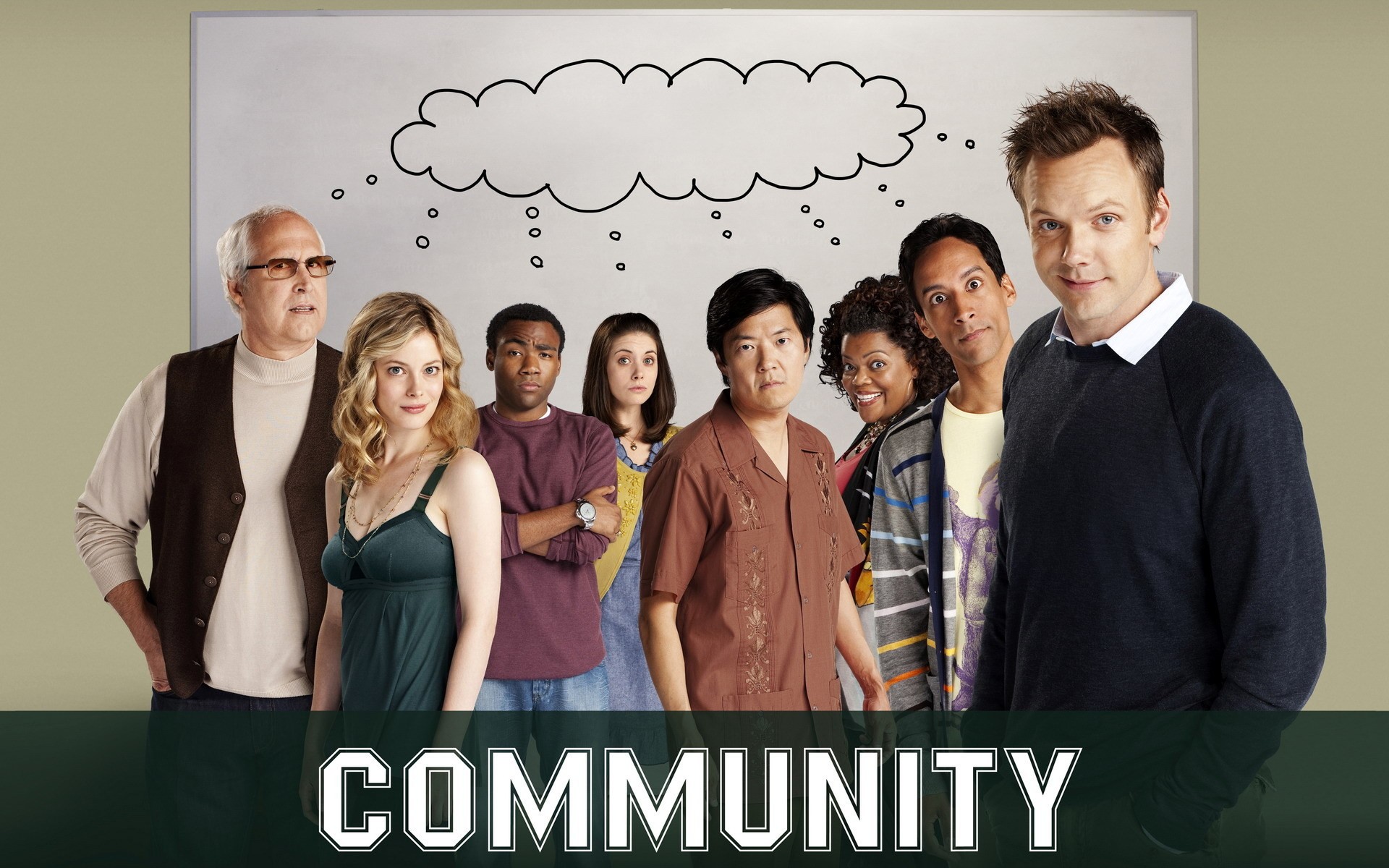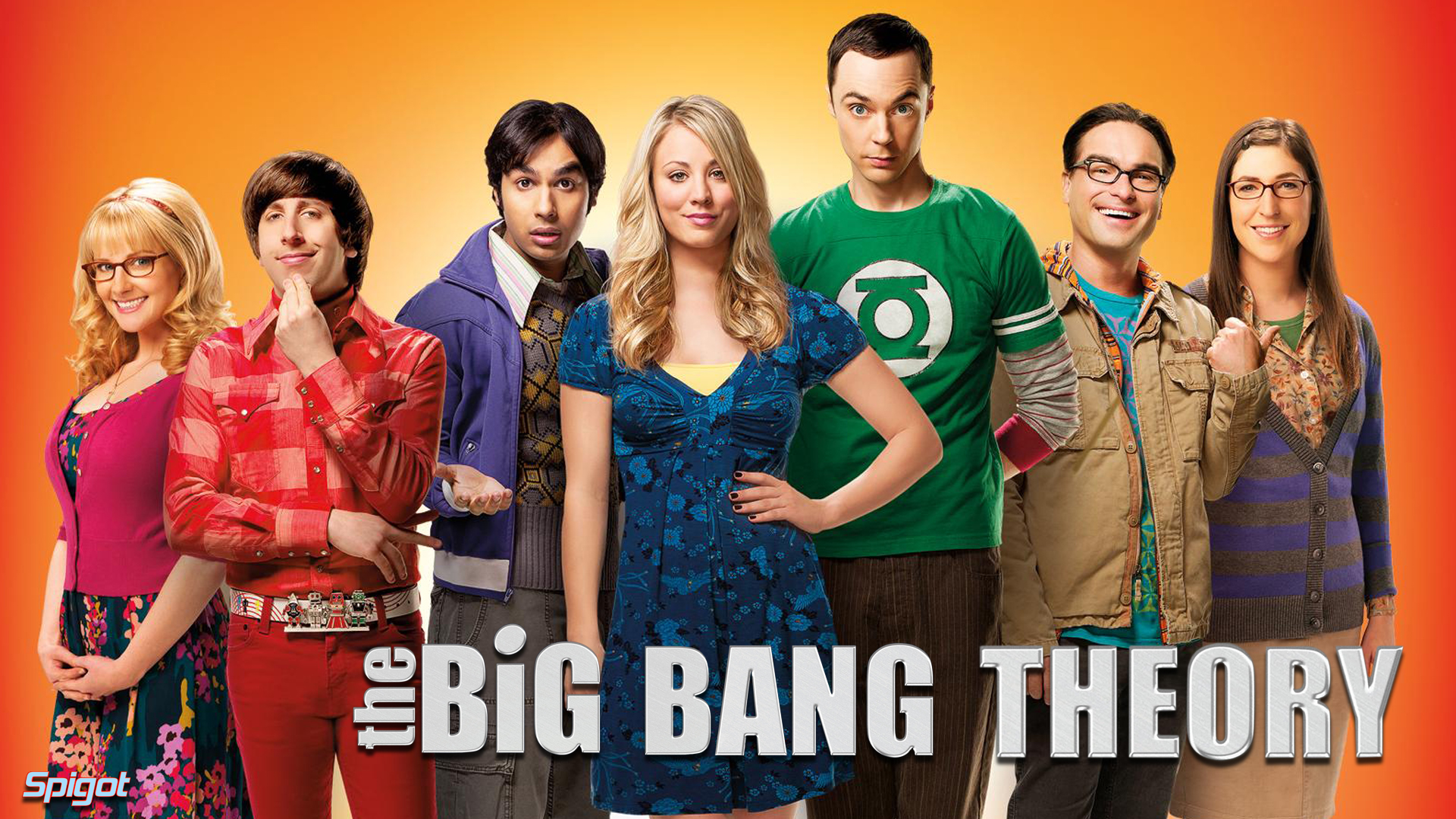 |
| I'm looking at you Nicholas Sparks. |
 |
| Cliche/Not a chocolate chip. |
 |
| Six seasons and a movie. |
A trope can be played three different ways; straight, subverted, and lampshaded.
When played straight, a trope goes exactly how you would expect. For example if we had a scene in a movie in which a car was speeding wildy towards a huge gap of some sort and cannot be stopped. If the trope was played straight then the car would successfully make the jump.
When a trope is subverted, the opposite or what you would not expect to occur happens. If we go back to our car jump, in a subverted trope situation the car would most likely completely fail or miss the jump.
When a tropes is lampshaded, the characters in the story will often call attention to/point out the ridiculousness of said trope. This is often done to let the viewer know that the writer is aware of ridiculous what is happen is. Let us return one last time to our ravine jumping automobile. Were the trope lampshaded, one of the people in the car would make a comment about the improbability of what just occurred or why there are so many giant ravines with ramps near roads.
Though playing tropes straight can be often seen as unoriginal, if done correctly it can do the opposite.
For one example of this we look to one of my favorite directors, Edgar Wright. Edgar Wright is best known for The Three Flavors Cornetto Trilogy as well as not directing that Ant Man movie. The Cornetto Trilogy is a series of three movies, each of which is an homage/satirization of certain genre of film. the first film, Shaun of the Dead is an homage to the zombie movie as well as romantic comedies, making it a ZomRomCom. The second film in the trilogy is Hot Fuzz, which is an homage to police/action films. The third film, The World's End is an homage to sci-fi films.
Each of these films use pretty much every single trope in each of the films respective genre, yet all three films were hailed as being clever and inventive.
In Hot Fuzz there is a scene where Nick Frost asks Simon Peggs character how many of the cop things he's done, though everything he mentions are tropes and cliches that are seen in action movies. Peggs character dismisses him and says he has never done any of those things. However during the climax of the film Pegg in fact carries out every trope Frost mentioned earlier in the film. During this scene the tropes are played straight.
Another film that does this well is Cabin in the Woods. Cabin in the Woods is a meta-horror film that for the first 2/3rds, follows every single trope of the genre, (ie. six teenagers, old cabin, ignoring signs of warning, splitting up in danger, etc) While playing these tropes straight, the film uses it's sort of B plotline to lampshade these tropes as well as give a sort of explanation to why they are used so often.
In the films last third, it takes a huge twist and massively subverts and lampshades all the tropes that were earlier played straight.
So why is it that we sometimes allows these tropes to be played straight and won't blink and eye, yet other times complain how unoriginal and predictable the film is. I've come to think that in these films that "do tropes right" they all seem to be using those tropes as an references to other films that use those tropes. These references are not parodies but more homages to these films, love letters of sorts. One final example of of a film that uses tropes 100% straight yes is loved is Guillermo Del Toro's Pacific Rim. Del Toro himself described the film as a love letter to kaiju films. The cheese in the film is beyond measure as the entire film is extremely over the top, yet we love it and cheer as giant robots punch giant aliens and their way into our hearts.

No comments:
Post a Comment